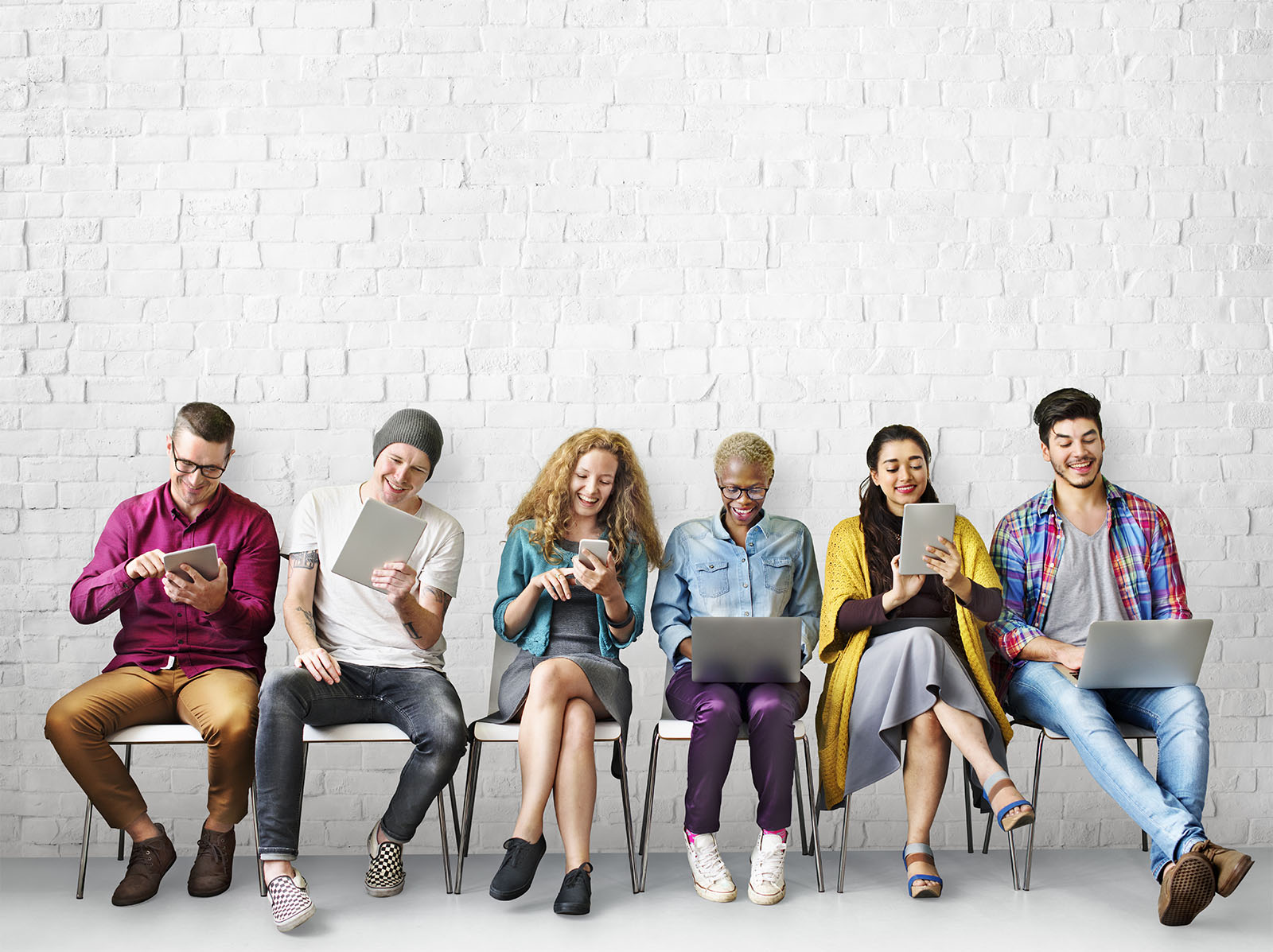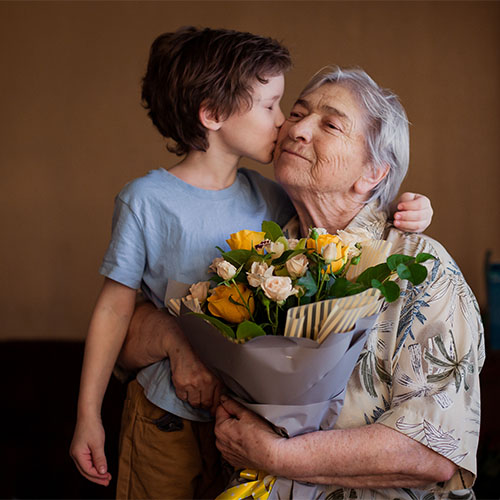Why are we wired to connect? Is home really a person?

I saw a movie quote recently and it struck me – “home is not a place, home is a person”. It is people that give us the feeling of oneness that no physical entity ever has. Think of that feeling you get when someone wraps their arms around you and you know they are there for you.
People strive for greatness, and as a society we’ve had enormous achievements, but we fail to acknowledge our true superpower of connection. Melinda Gates says, “human connection is the purpose and the result of a meaningful life, and it will inspire the most amazing acts of love, generosity, and humanity”.
What is Human connection to me?
Human connection is simple yet complex, it is perfectly imperfect and comfortably uncomfortable. There are so many ways you can describe it. For me, I can feel it when I call a long-term friend – we chat, we listen, and I realise nothing has changed between the two of us. It can exist when I’m missing a loved one and I choose to phone a family member to reminisce on moments or even a funny memory. It can be the comfort you share with a person, irrespective of the relationship you have with them. These sorts of connections have me feeling authentically me, without the fear of judgement and with appreciation.

Are we losing real human connection?
To be seen, heard, and valued is what people expect from each other and it is the very core of human connection. With our lives increasingly spent on devices, the search for being seen seems to have shifted to the value of the ‘ping’, the blue tick or love reactions on your pictures or posts. People can have thousands of followers or friends, yet no-one to help move house. And as our digital conquests boom, data shows that we are losing real human connection.
Loneliness is a normal human emotion when temporary, but persistent feelings of isolation can be detrimental to our health.
A threat that is spreading over lives is the social epidemic of loneliness with disconnection contributing to addiction, ADHD, anxiety, depression, heart disease, obesity and suppressed immune systems.
Why is human connection important?

Different cultures have different perceptions of how important human connections are for our lives, however, the underlying implication is the same, human connection shapes our lives. The potential exchange of the feeling of being understood between humans is the most rewarding element of life. Being connected in life gives us a positive impact that builds momentum over time. Connection with others instills energy because it reminds us that we’re not alone. It is also energizing to help, serve, and encourage others.
A Harvard University study conducted over 80 years of life has proven that human connection is vital to longevity. It helps us feel that our existence matters in this world of 7.9 billion people. People across the globe are grappling with the challenges of being in lockdown, devoid of human contact.
Now more than ever, we all need real connection, dependable emotional support, and a feeling of belonging — whoever we are, wherever we are. Humanity once again is awakening to the superpower that the world has long forgotten, the power within us to understand each other even when it is difficult to understand and to listen to the unspoken words because even though we are all leading our ordinary lives apart but we can be extraordinary together.
Increased access to information and social contacts doesn’t promote our human connection. Lets be aware of our relationship with devices and consciously promote social skills and body language in our interactions with others. Devices are not more important than people.



